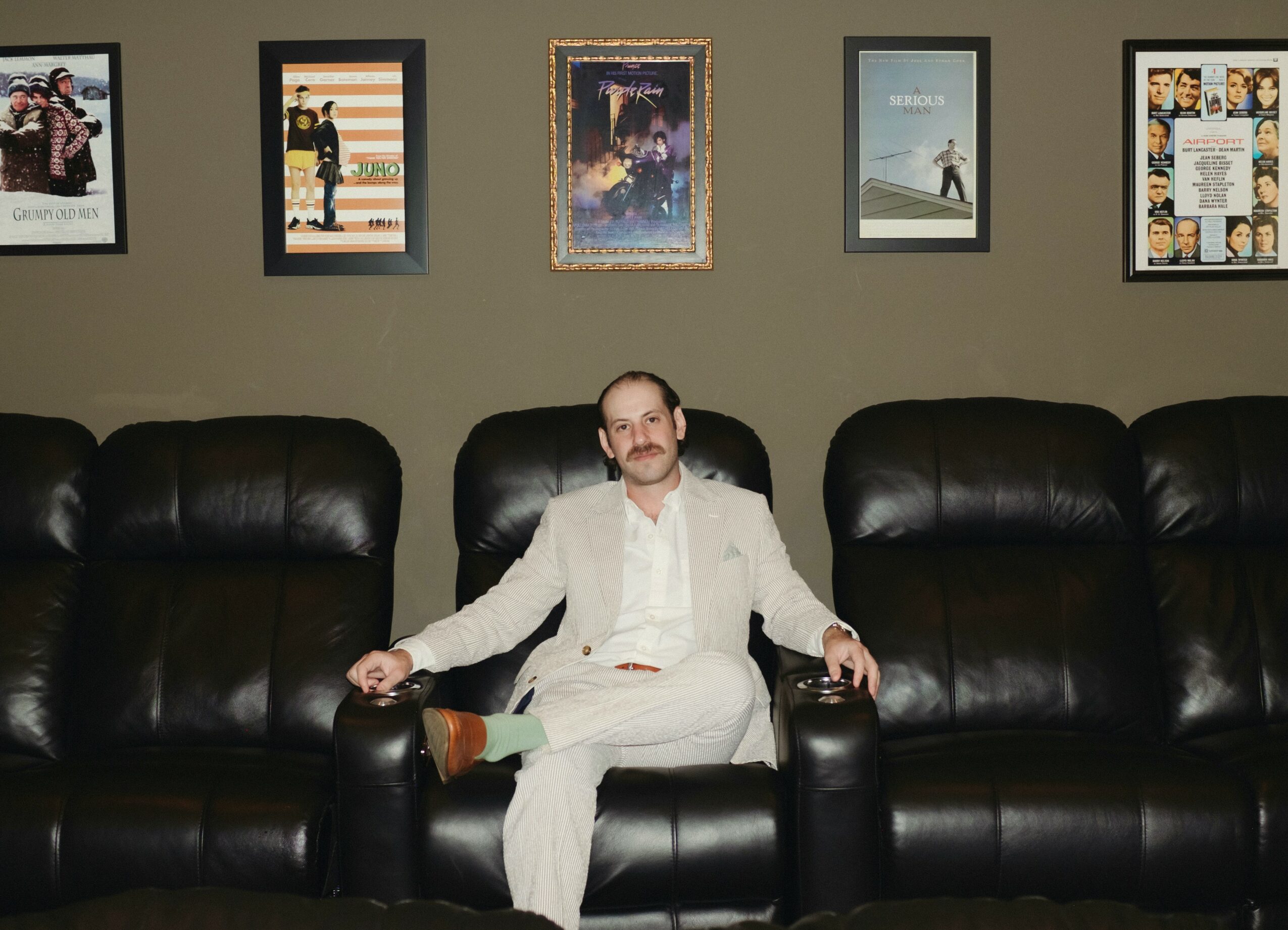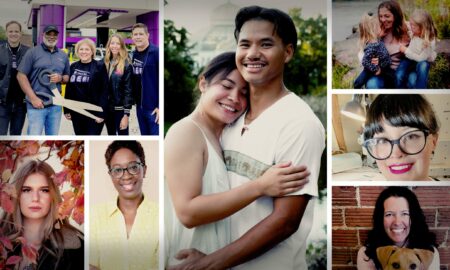

We’re looking forward to introducing you to Jon Savitt. Check out our conversation below.
Hi Jon, thank you for taking the time to reflect back on your journey with us. I think our readers are in for a real treat. There is so much we can all learn from each other and so thank you again for opening up with us. Let’s get into it: What do the first 90 minutes of your day look like?
I wish I could say I meditate, journal, drink matcha, and bike to a mountaintop — but realistically, I’m hitting snooze at least once, scrolling for a bit longer than I should, and then making coffee like my life depends on it. Once I’m up, though, I try to ease into things. I’ll either take a walk or just sit and jot down thoughts — anything from dumb joke ideas to to-do lists. If I have a deadline or feel particularly caffeinated, I’ll dive right into writing. But I’m not super rigid. Some of my best ideas have come from letting the morning be a little messy.
Can you briefly introduce yourself and share what makes you or your brand unique?
Sure! I’m Jon Savitt — I’m a writer and screenwriter. Basically, I spend most of my time trying to make people laugh, think, or ideally both.
My background’s kind of a mix: I’ve written for places like The Washington Post, Funny or Die, and TIME, but I’ve also worked in more technical spaces like healthcare, cybersecurity, and fintech — which makes me weirdly good at explaining complicated things with a sense of humor.
A lot of my work lives at the intersection of comedy and commentary. I love using humor to explore real stuff — identity, culture, the absurdity of everyday life — and I try to approach it all with honesty and a sense of curiosity. Right now, I’m working on a feature-length horror-comedy that mixes small-town myth, influencer culture, and satire — it’s fun and strange and very me.
At the end of the day, I’m just trying to tell stories that feel human — even if they involve ghosts or tech bros or ghosts and tech bros at the same time.
Thanks for sharing that. Would love to go back in time and hear about how your past might have impacted who you are today. What relationship most shaped how you see yourself?
Honestly, it might sound unexpected, but my relationship with summer camp had a huge impact on how I see myself. It wasn’t just a place — it was a whole world where being weird was a good thing, creativity was currency, and you were encouraged to just be unapologetically you. It was the first environment where I really felt like I could lean into my personality — telling stories, making people laugh, trying out ideas without fear of judgment.
That experience shaped not only how I express myself, but how I interact with the world. Camp taught me that the things that make you different are actually your strengths — especially in creative work. It gave me the confidence to embrace my voice, follow curiosity, and not be afraid to go a little off-script.
What fear has held you back the most in your life?
Probably fear of looking dumb. It’s one of those sneaky fears that shows up everywhere: pitching an idea that feels out there, trying something new in public, or even playing golf (which, for the record, I’m objectively terrible at).
As adults, we get really good at avoiding embarrassment. We don’t want to be seen struggling or not having all the answers. But I’ve realized that fear can quietly put a ceiling on creativity, growth, and even joy.
As kids, we were constantly trying and failing without overthinking it — and probably wearing a cape while doing it. Somewhere along the way, we start editing ourselves. I’ve been trying to unlearn that. To lean into curiosity, even if it means looking ridiculous sometimes. Because honestly, some of the best stuff in life — and definitely in writing — lives on the other side of looking dumb for a minute.
So a lot of these questions go deep, but if you are open to it, we’ve got a few more questions that we’d love to get your take on. Where are smart people getting it totally wrong today?
I think a lot of smart people assume that being right is the same thing as being effective — and it’s not.
You can have all the facts, stats, and logic on your side, but if you’re not connecting with people on a human level, it doesn’t matter. Especially in today’s world, where attention spans are short and emotions run high, how you say something is just as important as what you’re saying.
That’s one reason I love comedy — it’s disarming. It opens people up. Sometimes the most effective way to get through to someone isn’t with a TED Talk or research study, it’s with a well-timed joke or story that helps them see something differently.
So in general I think we need less “let me prove I’m smart” energy, and more “let me meet people where they are” energy.
Before we go, we’d love to hear your thoughts on some longer-run, legacy type questions. When do you feel most at peace?
Probably not when I’m writing [laughs]…
Maybe when I’m playing music or tennis — both give me that rare feeling of being fully present. No screens, no notifications, no outside noise — just focus and movement.
With music, it’s about getting lost in the sound, whether I’m messing around on a guitar or just playing a simple progression on repeat. It’s meditative.
Tennis is similar, in a weirdly opposite way — it’s physical and fast, but you have to stay locked in. The second your mind drifts, you’re hitting the ball into someone’s backyard. It forces me to get out of my head and just react.
I think both give me that sense of peace because they pull me away from overthinking and into the present. Which is rare, and something I’m constantly chasing — in life and in creative work.
Contact Info:
- Website: https://www.jonsavittwrites.com/
- Instagram: http://instagram.com/savitt_jon
- Linkedin: https://www.linkedin.com/in/jon-savitt-49098960
- Twitter: https://www.x.com/savittj



















